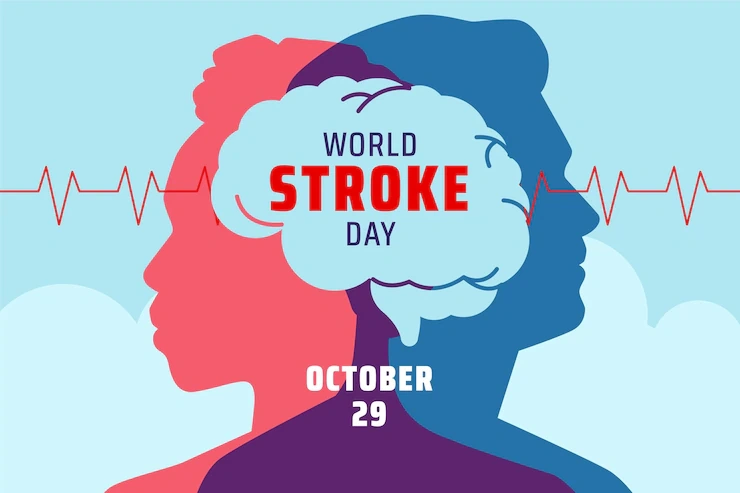The Vital Role of Physiotherapy in Senior Rehabilitation
02-10-24
The Vital Role of Physiotherapy in Senior Rehabilitation
In the journey of life, our bodies face wear and tear, illnesses, and injuries. For senior citizens, these can often result in significant deformity and dysfunction. Conditions such as strokes, Chronic Obstructive Pulmonary Disease (COPD), knee and hip replacements, and falls leading to fractures can severely restrict movement. This limited mobility can significantly impact the quality of life, leading to decreased independence, social isolation, and mental health challenges.
The Importance of Rehabilitation
Rehabilitation aims to help individuals regain their physical capabilities and return to their normal lives as quickly and safely as possible. Physiotherapy is an essential component of the rehabilitation process, particularly for seniors, as it addresses mobility issues and promotes recovery through a variety of targeted interventions.
Physiotherapy: A Crucial Component of Rehabilitation
Physiotherapy helps restore, maintain, and maximize a senior's physical strength, function, and mobility. This is achieved through tailored exercises and treatments designed to address specific conditions. Physiotherapists use techniques like manual therapy, exercise prescriptions, and electrotherapy to facilitate movement and improve a senior’s overall health and well-being. Whether the focus is on improving respiratory function in COPD patients, enhancing mobility post-surgery, or preventing falls through balance training, physiotherapy offers a personalized approach to rehabilitation.
Flexibility in Service Delivery
Physiotherapy services can be provided in clinical settings or as part of home care, offering flexibility for seniors based on their needs and preferences. This flexibility is crucial, as many seniors may find it challenging to travel frequently to clinics. Home-based physiotherapy ensures that seniors receive the necessary care in the comfort of their homes, thereby enhancing the rehabilitation process and promoting better outcomes.
Understanding the Costs
The costs of physiotherapy services can vary widely. Factors influencing the cost include the type and severity of the illness, the expected duration of recovery, the experience level of the physiotherapist, and the service delivery setting (clinical vs. home care). Despite the costs, investing in adequate physiotherapy sessions can prevent long-term disability, reduce the risk of secondary complications, and ultimately improve the quality of life.
The Rehabilitation Process
Typically, the rehabilitation process begins with an assessment session. During this session, the physiotherapist evaluates the senior’s condition and formulates a personalized treatment plan. This plan outlines the number of sessions required and the specific types of therapies to be employed. Regular re-assessments ensure the treatment remains effective and adjustments can be made as needed.
Medical Backing
The value of physiotherapy in the rehabilitation process is well-documented in medical literature. For example, the British Journal of Sports Medicine emphasizes that physiotherapy plays a vital role in managing chronic diseases and preventing falls among seniors. According to a study published in the journal, regular physiotherapy can lead to "significant improvements in strength, mobility, and balance," thereby reducing the incidence of falls and related injuries.
Similarly, The Lancet highlights the benefits of physiotherapy in improving mobility and reducing the risk of future injuries. A review article in The Lancet notes that physiotherapy interventions "have been shown to be effective in enhancing recovery outcomes and improving the overall functionality of seniors."
Moreover, the Journal of the American Medical Association (JAMA) discusses the importance of physiotherapy in post-operative care, stating that "physiotherapy significantly aids in the reduction of recovery time and enhances the quality of life in seniors post-surgery."
Investing in Adequate Sessions
While it might be tempting to cut costs by limiting physiotherapy sessions, this can be counterproductive in the long run. Adequate physiotherapy sessions conducted by skilled professionals are essential for a quick and safe recovery. Skimping on these sessions can prolong the rehabilitation process, increase the risk of re-injury, and ultimately lead to higher healthcare costs.
Conclusion
Physiotherapy is a cornerstone of the rehabilitation process for seniors, enabling them to regain their independence and improve their quality of life. By investing in adequate sessions and ensuring access to skilled physiotherapists, we can help our seniors navigate the challenges of aging and maintain their health and well-being.




